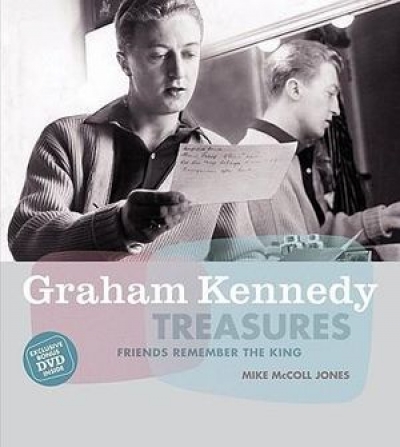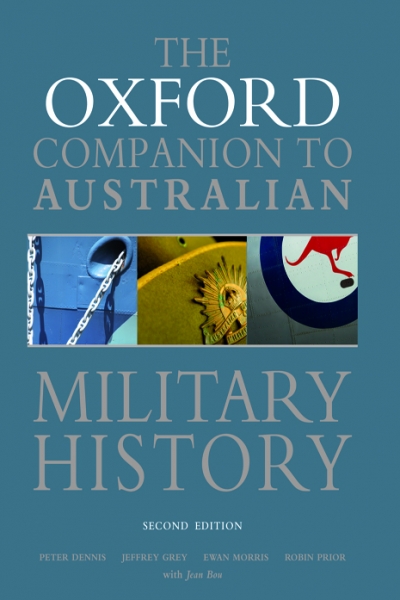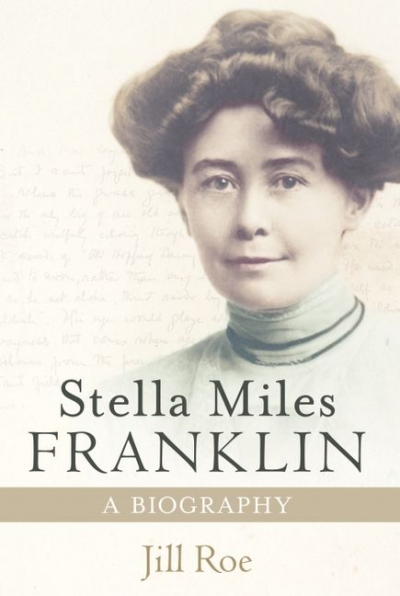Archive
My son Daniel’s African wedding took place in Lancashire – where his new Zambian in-laws live – a few days after the US presidential election. Barack Obama was not on the guest list, but his presence loomed so large that he might have been an extra, virtual, best man.
... (read more)Graham Kennedy Treasures: Friends remember the king by Mike McColl Jones
by Sue Turnbull •
Liberals and Power: The road ahead by Peter van Onselen
by Norman Abjorensen •
The Oxford Companion to Australian Military History (Second Edition) edited by Peter Dennis et al.
by David Horner •
To Sculpt The Moment: Newcastle Poetry Prize Anthology 2008 edited by Hunter Writers’ Centre
by Anthony Lynch •
The Art of Graeme Base by Julie Watts
It’s midnight now and sounds like midnight then,
The words like distant stars that faintly grace
The all-pervading dark of space,
But not meant for the world of men.
It’s not what we forget
But what was never known we most regret
Discovery of. Checking one last cassette
Among my old unlabelled discards, few
Of which reward the playing, I find you.









